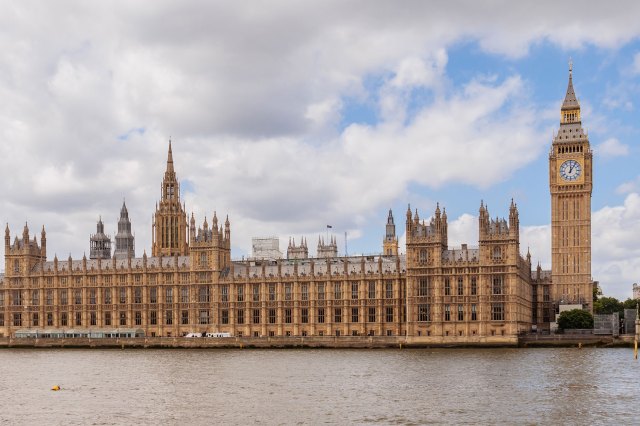The government’s stance on the arts is bewildering and harmful
The Data (Use and Access) Bill’s passing is another concerning development

When the Labour government took office last summer, the creative industries rejoiced at the fresh wave of possibilities. Fourteen years of Conservative rule, the rocky impacts of the pandemic, plus depleted and trimmed arts funding and more had left the sector on its last legs. Perhaps a new administration would recognise the key economic and social value of the arts.
The last seven days have likely cast away any final dregs of that optimism. Last Wednesday, the government announced cuts to spending for DCMS (Department of Culture, Media and Sport), at a time when local budgets and more were already floundering.
Today, the House of Commons passed the Data (Use and Access) Bill, which to a jobbing actor might not sound like a particularly notable event. However, one of the proposed amendments to the bill was to provide creatives – from writers, to artists, to musicians, to composers, to singers, to poets, to lyricists – with information about which tech companies may be using their copyrighted work. Pushed by baroness Beeban Kidron, it was voted down by the government and the bill remains unamended.
This has all been covered with fantastic detail by our friends over at The Stage. Brass tax though: the bill’s passing, without alteration, represents a clear decision to ignore leading industry voices. Despite being repeatedly backed by the House of Lords, the government countered by claiming that it’s waiting on the results of the Copyright and AI: Consultation – launched in December – to pin down the relationship between AI models and creative work, with results expected later this year.
One fundamental issue, according to the consultation, is “how copyright encourages human endeavour while not hindering technological development.” Which begs the question: why not pause the bill until then so the fruits of human endeavour aren’t jeopardised?
The UK government, handing a carte blanche to tech companies and justifying it on a technicality, has unequivocally proven their lack of interest in supporting the creative industries – rather than siding with those concerned about artists simply making a living, they’re once more in the pocket of tax-avoiding organisations.
I’m happy to hold my hands up and apologise if the consultation leads to rigid safeguards and sufficient renumeration for artists who have had their work used by AI models. But nothing so far suggests that the government will proactively allow that to happen.
More eloquent voices than mine have explained countless times how the creative industries lead to urban regeneration, stronger education levels, more jobs and simply a better quality of life. For the government to ignore the voices of creatives, some as high-profile as Ian McKellen, Cameron Mackintosh or Andrew Lloyd Webber, as well as industry professionals who sit in the House of Lords, suggests a startling degree of ineptitude, or a wilful desire to belligerently hold a destructive line,
As Sarah Crompton explained incredibly well a few weeks ago on the WhatsOnStage Podcast, the arts were at the heart of a Labour Government’s post-war recovery agenda – at a time of incredible economic hardship. To see their endeavours so methodically tarnished by another Labour Government, many decades later, is infuriating.














